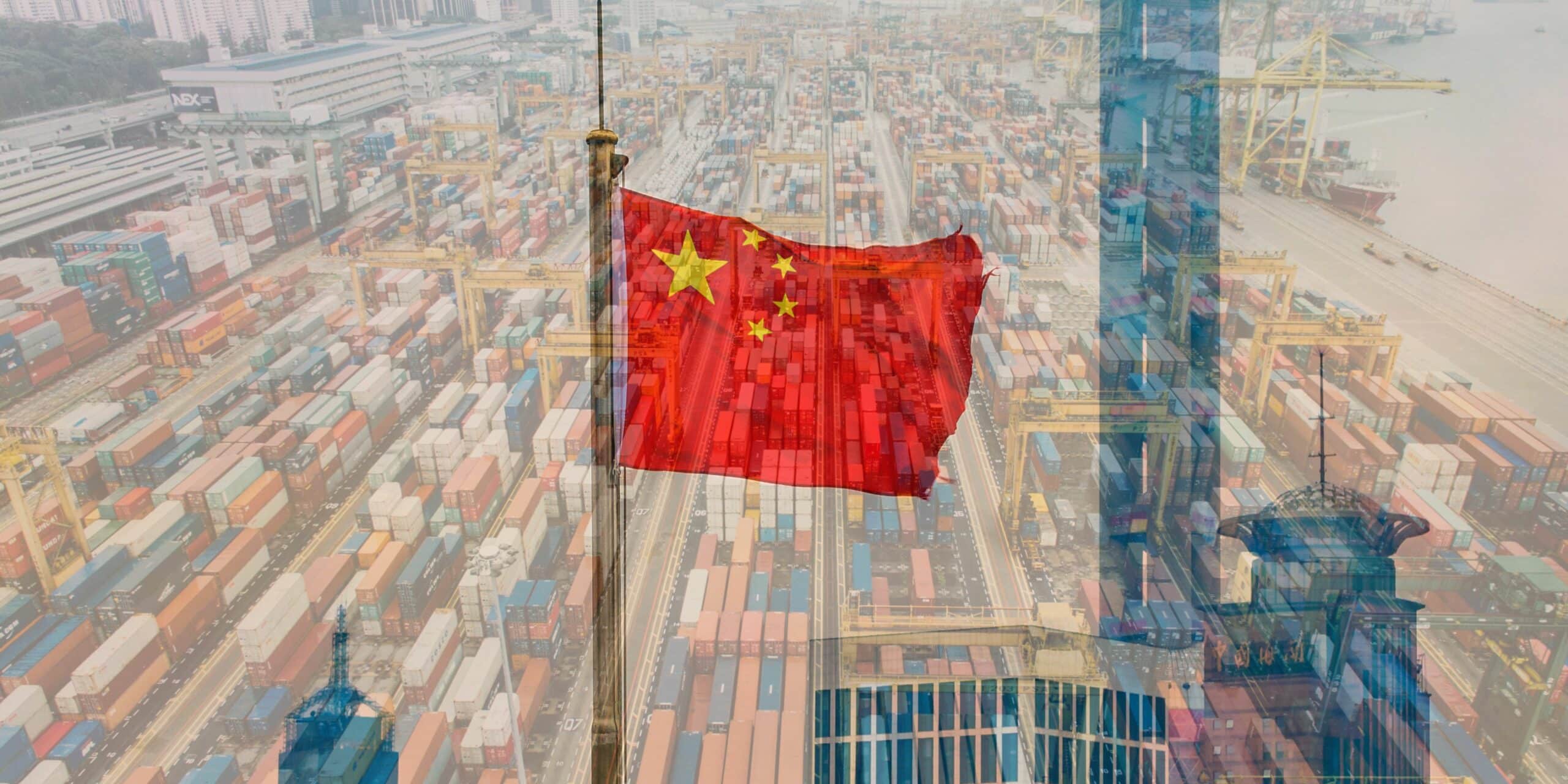China unveils plan to stabilize trade sector amid subdued global demand
China’s trade sector is one of its most important economic engines. In 2017, it accounted for more than half of China’s GDP and employed more than 100 million people.
However, over the past few years there has been a slowdown in global demand for Chinese products due to factors such as rising wages and labor costs; this has led to an increase in debt levels within the country’s manufacturing sector as well as falling profits for many companies operating there.
To address these problems, on May 19th 2019 China released a plan titled “New Manufacturing Plan” (NMP) which aims at stabilizing its trade sector by encouraging investment into new technologies such as robotics and artificial intelligence while also reducing pollution caused by traditional industries like steel production through better regulation or even outright bans on certain types of production processes if necessary.
Supporting Exports of Automobiles
The Ministry of Commerce has also encouraged Chinese banks and their overseas branches to offer financial support for Chinese exporters. The ministry also plans to increase inbound and outbound flights, which will help reduce logistics costs.
In addition, China’s central bank has been working on measures that would make it easier for companies to secure loans from domestic banks by relaxing certain restrictions on credit ratings and collateral requirements.
Facilitating Visas for Overseas Businessmen
As part of its efforts to stabilize its trade sector, China has announced plans to ease visa restrictions for overseas businesspeople. The move is expected to help facilitate market exploration and boost investment in China.
The State Council, China’s cabinet, said it would make it easier for foreign companies to set up branches in Beijing and Shanghai by simplifying procedures such as obtaining licenses and approvals from local authorities. It also pledged support for foreign-funded enterprises through tax breaks and subsidies that could help improve their competitiveness with domestic rivals.
Responding to Unreasonable Foreign Trade Restrictions
In response to the US’ unreasonable trade restrictions, China has taken a series of measures to stabilize its trade sector. First, it has strengthened training and guidance for local governments and firms affected by these restrictions. Second, it is encouraging them to diversify their exports markets by promoting cooperation with other countries and regions such as Japan, South Korea and ASEAN countries (the Association of Southeast Asian Nations). Thirdly, China has been encouraging its enterprises to invest overseas in order to expand their international presence through closer ties with foreign partners who share similar interests as well as common values with them.”
Expanding the Scale of Yuan Settlement in Cross-Border Trade Transactions
The Chinese government has announced plans to expand the scale of yuan settlement in cross-border trade transactions, which will better meet the demand from firms to hedge currency risks.
The move is part of China’s efforts to improve its financial system and reduce reliance on foreign currencies. It also comes as Beijing seeks to boost its global presence by promoting use of its currency for international payments and investment flows.
The Chinese government has announced a plan to stabilize its trade sector. This will be accomplished by increasing domestic consumption and decreasing reliance on exports, which have been responsible for much of China’s economic growth in recent years. The government hopes that this plan will help prevent future economic crises like the one that occurred in 2015.
In order to increase domestic spending, the government will offer tax breaks to companies that invest in research and development or hire new employees; it will also reduce taxes on small businesses and encourage banks to lend more money so that consumers can buy homes or start new businesses. Additionally, China plans on investing heavily in renewable energy sources such as solar power plants so people don’t need as much electricity from coal-fired power plants (which release greenhouse gases).
Source: https://www.reuters.com/world/china/china-says-it-will-expand-import-export-key-products-2023-04-25/








